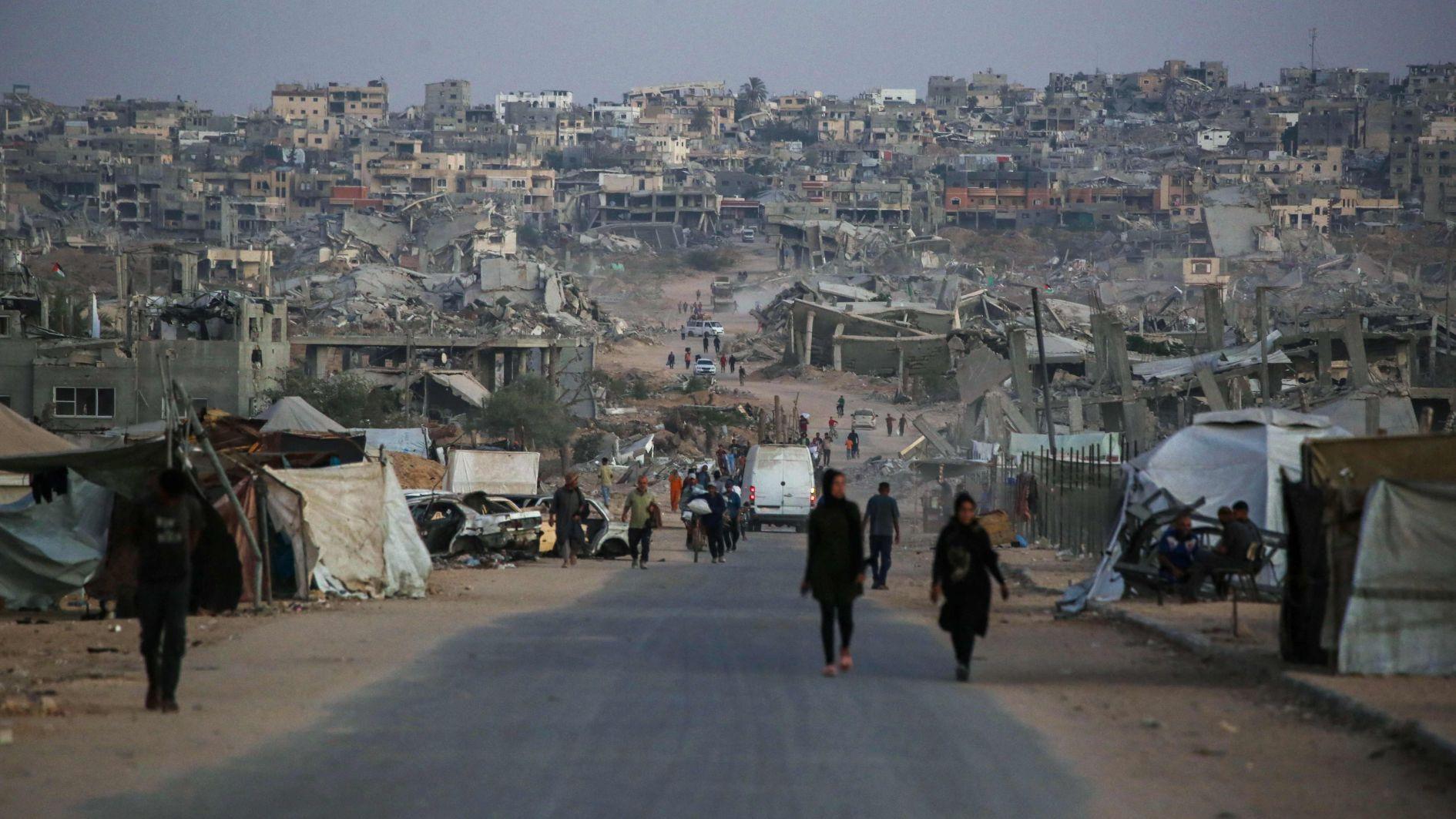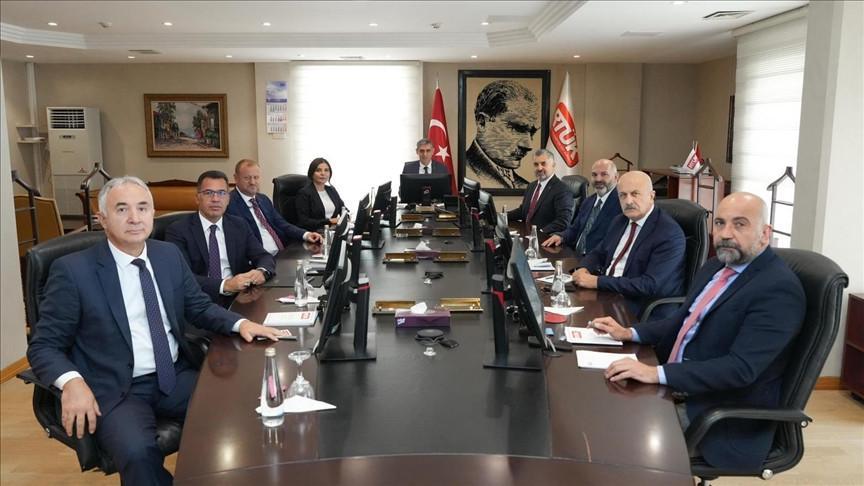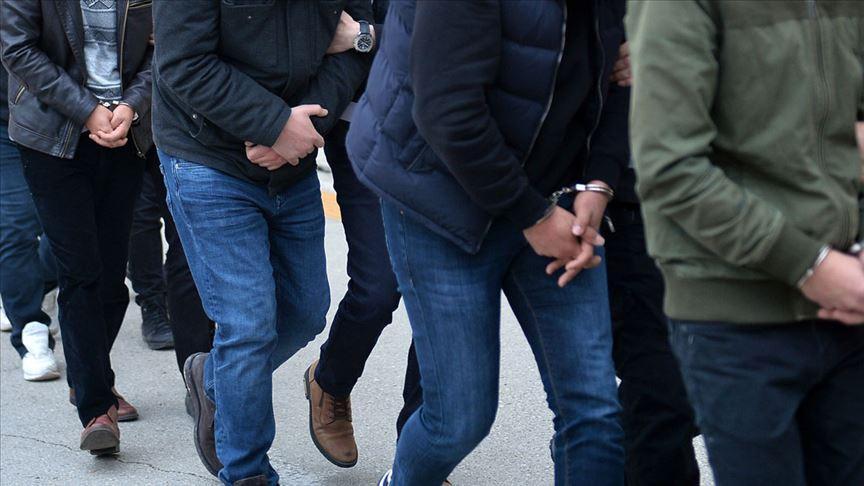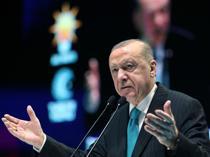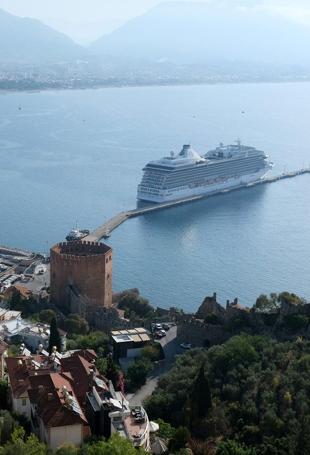Baby gorilla rescued at Istanbul Airport to stay in Türkiye, officials say
ISTANBUL
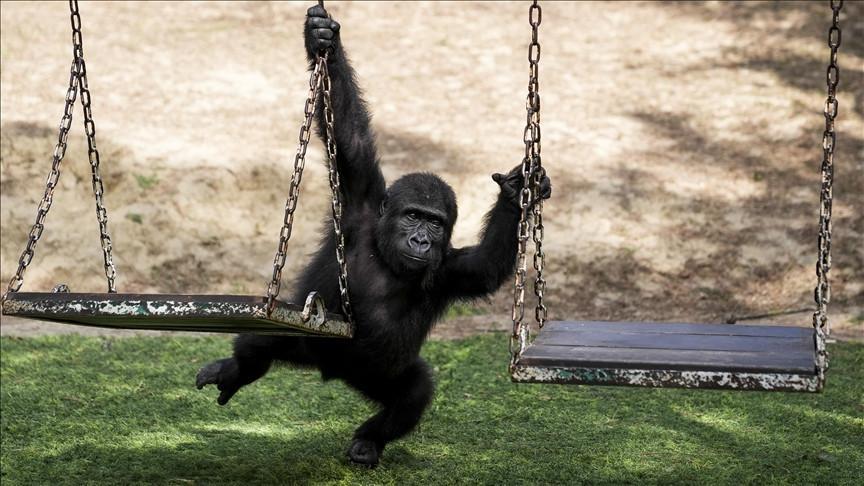
A baby gorilla rescued from traffickers at Istanbul Airport just before Christmas last year will stay in Türkiye instead of being returned to Nigeria, officials announced on Oct. 24.
The young primate was 5 months old when he was discovered inside a wooden crate in the cargo section of a Turkish Airlines plane en route from Nigeria to Thailand and was taken to a zoo in the hills outside Istanbul for recovery.
Named Zeytin, meaning "olive" in Turkish, he was nursed back to health with the aim of repatriating him to Nigeria, where he began his journey, in line with the regulations in the Convention on International Trade in Endangered Species of Wild Fauna and Flora (CITES) treaty limiting the trade of protected animals.
Following a Nigerian request for his repatriation, Türkiye's Nature Conservation and National Parks Directorate began the process but stopped it after a DNA test confirmed Zeytin belonged to a species that was not native to Nigeria.
"The DNA test... using whole genome sequencing, revealed Zeytin was a Western lowland gorilla. This scientific evidence showed that Nigeria was not Zeytin's country of origin [which] necessitated a reevaluation of Zeytin's conservation status," it said.
The Western lowland gorilla is a critically endangered subspecies native to the rainforests of central Africa, whose numbers have plummeted in recent decades because of deforestation, hunting and disease.
"Since Nigeria is not the country of origin, it was decided... to place Zeytin in a zoo in Türkiye," it said. Until now, he has been looked after at Polonezkoy Zoo near Istanbul.
Last month, Fahrettin Ulu, regional director of Istanbul's Nature Conservation and National Parks Directorate, told AFP it was the first time a gorilla had been seized at Istanbul Airport.
When he first arrived, Zeytin weighed 9.4 kilograms, but by early September, his weight had increased to 16 kilograms and his height grew from 62.5 to 80 centimeters, Ulu told AFP.
Zeytin, "who was once a baby, has become a young gorilla," he added.
According to TRAFFIC, an NGO dedicated to monitoring wildlife trade, baby apes are increasingly sought after as pets or for zoos, circuses, shows, or social media content, making them prime targets for traffickers due to their small size and ease of transport.
TRAFFIC noted that Nigerian authorities were anticipating Zeytin's return last month and planned to transfer him to the Pandrillus Foundation, an NGO dedicated to primate conservation.
There he would have been housed with another young gorilla of the same subspecies before eventually being sent to a habitat country sanctuary in central Africa, the foundation's director told AFP.
Pandrillus Foundation Director Liza Gadsby remarked on Oct. 25 that they were "exceedingly disappointed" by the Turkish government’s decision.
"If Türkiye doesn't want to send him to Nigeria, but directly to a gorilla sanctuary, that's fine. But they need to do the right thing for this animal," she said, adding that they would begin a process on Oct. 26 to repatriate the other gorilla to a habitat country.



